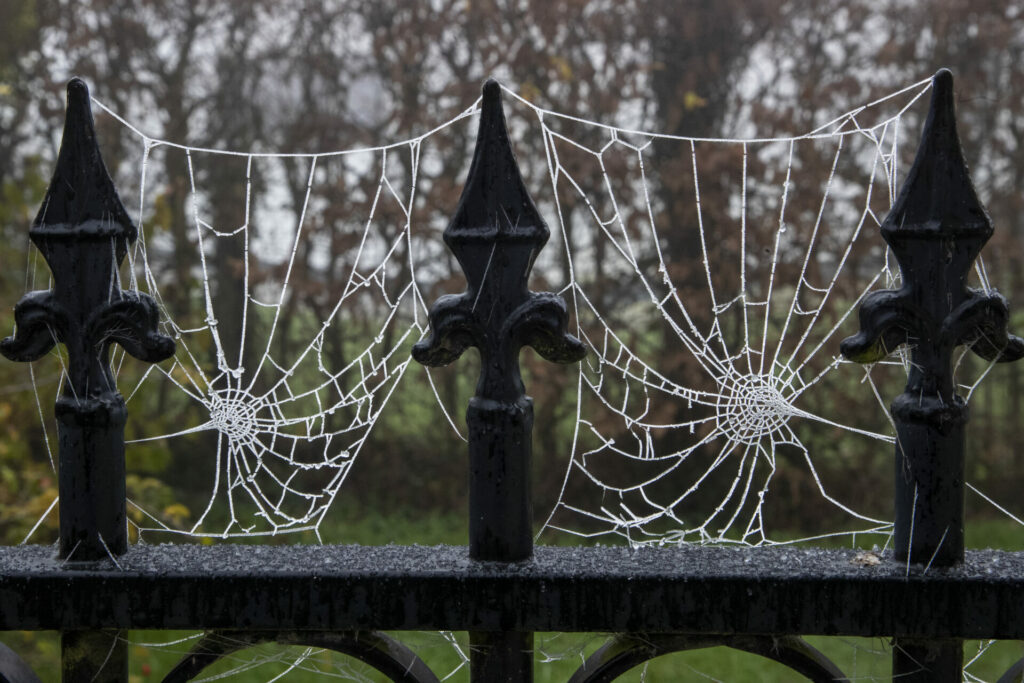A "historic agreement" was reached during COP15, the UN biodiversity conference early on Monday morning. According to the nature preservation organisation WWF, Belgium must get started immediately to fulfil the goal made as part of the agreement, signed by 196 countries.
The most eye-catching aspect of the agreement is that 30% of all land and water on earth will be protected by 2030 in order to preserve and advance biodiversity – or at least slow its decline. Currently, 17% of the earth and 10% of all marine areas are protected. Oceans, as well as rainforests and wetlands, must be better protected from human impacts from now on, the agreement states.
Nature organisations welcome the target, noting that it was a great achievement by the negotiators and a victory for humanity and the planet.
"This should be the starting signal for governments, businesses and society to begin the transition to a future with more nature through targeted actions. Procrastination and excuses are no longer acceptable," said Antoine Lebrun, General Director of WWF-Belgium.
During COP15, Belgium signalled its intention to integrate biodiversity into all policies and sectors — NGOs argue this is not sufficiently the case now — which was also explicitly highlighted in the Belgian statement following the conference. But what does Belgium specifically need to do?
Belgium's responsibility
WWF stressed that countries must fulfil the commitments by translating them into national plans and policies and that their national biodiversity strategies and action plans must be updated by COP16 (2024) to align them with the new global target.
The organisation stressed Belgium should immediately start developing a Belgian National Biodiversity Strategy and Action Plan for the post-2020 period, noting that the plan should clearly outline how the country aims to halt and reverse biodiversity loss both within its own borders and in its supply regions by 2030 and that an "ambitious" financial plan is needed for this to succeed.
Meanwhile, the Belgian Biodiversity Coalition, comprising the seven largest organisations working on biodiversity in our country, sees three main priorities for the plan, including reducing the impact of its consumption and production on biodiversity across the world. On its own soil, it needs to better protect its most valuable areas. It also needs to "radically restore nature" so that all inhabitants can live in a healthy environment.
Related News
- 'Historic agreement' at biodiversity COP: 30% of all land and water protected by 2030
- Humanity has become 'weapon of mass extinction', UN warns
- EU agrees ban on products causing deforestation
"Belgium is currently working on a proposal towards Europe on how to locally anchor the 30% nature targets," said Jos Ramaekers, head of policy at Natuurpunt.
"For now, it is unclear what measures will be put in place to make it more than protection on paper. The final text of COP15 should have woken us up to urgently provide a ready-made answer to this."

